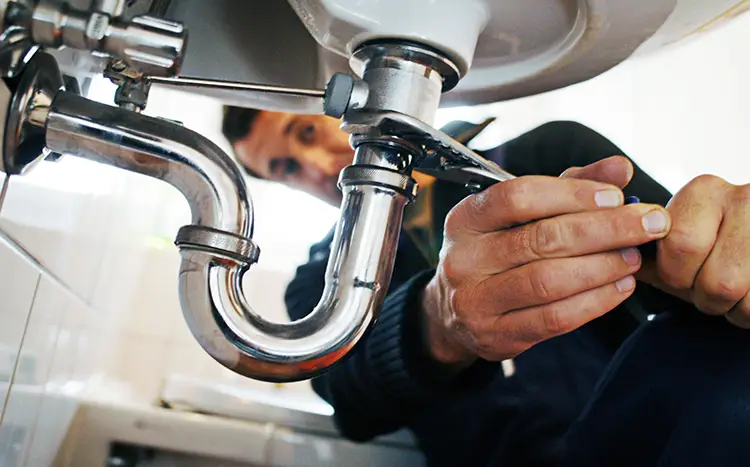Things to Consider Before Buying an Older Home
Published on December 13, 2023 | 4 Minute read

Melanie
Ortiz Reyes
Content Specialist
Purchasing an older home comes with a unique set of considerations and charms. While the allure of historic architecture and established neighborhoods can be enticing, there are factors to be mindful of before making the decision to buy.
An older home is generally considered to be a property that is several decades old. There isn't a universally agreed-upon threshold, but homes that are 50 years or older are often labeled as "historic.” Homes built between 20 to 50 years ago may be referred to as "older" homes. These homes often boast architectural character, solid craftsmanship, and a sense of history that newer constructions may lack. From intricate detailing to mature landscaping, these properties exude a charm that can be irresistible to those seeking a home with personality. However, there are critical aspects that buyers should carefully evaluate to ensure their investment aligns with both their preferences and practical needs.
Structural Integrity and Maintenance
The first consideration when buying an older home is assessing its structural integrity. Conduct a thorough inspection to identify any signs of wear and tear, such as foundation issues, roofing problems, or aging plumbing and electrical systems. Older homes may require more maintenance, so understanding the condition of these fundamental components is crucial.
Historical Zoning and Restrictions
Many older homes are situated in neighborhoods with historical significance, subjecting them to specific zoning regulations and preservation guidelines. Before purchasing, research local zoning laws and historic district restrictions to ensure your renovation plans align with the area's regulations. This can impact everything from exterior modifications to paint colors, preserving the neighborhood's historical integrity.

Potential for Renovations and Updates
While some buyers seek move-in-ready homes, others are drawn to the prospect of renovations and personalized updates. Older homes provide an excellent opportunity for customization, but it's important to evaluate the potential costs and feasibility of renovations. Consider consulting with contractors or experts to estimate the expenses involved in bringing the home up to your desired standards.
Energy Efficiency Concerns
Older homes might not meet the same energy efficiency standards as newer constructions. Consider the potential costs of upgrading windows, insulation, and HVAC systems to improve energy efficiency. While these upgrades can enhance the comfort of the home and reduce long-term utility costs, they should be factored into your budget.
Lead Paint and Asbestos Concerns
Homes built before the late 1970s may contain lead-based paint or asbestos. These materials pose health risks if not handled properly. Before purchasing an older home, it's crucial to conduct thorough inspections for lead and asbestos, and if found, plan for their safe removal by qualified professionals.

Plumbing and Electrical Systems
Outdated plumbing and electrical systems can be common in older homes. Evaluate the condition of pipes, wiring, and fixtures to determine whether updates are necessary. Upgrading these systems enhances safety and also ensures the home is equipped to meet modern demands for water and electricity.
Foundation Issues
Foundation problems are more prevalent in older homes due to natural settling over time. Look for signs of cracks, uneven floors, or doors that don't close properly, as these may indicate foundation issues. A professional inspection is essential to assess the foundation's stability and identify any necessary repairs.
Home Insurance Considerations
Insurance for older homes can be different from policies for newer constructions. Some insurance providers may charge higher premiums for homes with older electrical or plumbing systems. It's advisable to shop around and find an insurance policy that provides adequate coverage for the unique features of an older home.

Potential for Hidden Costs
Unexpected costs can arise when dealing with older homes, especially if there are hidden issues that surface after the purchase. Set aside a contingency fund for unforeseen repairs or renovations. A thorough inspection can help uncover potential issues, but having financial reserves is essential for addressing unexpected challenges that may arise during homeownership.
Neighborhood Research
Beyond the specific characteristics of the home, research the neighborhood and community where the older home is located. Consider factors such as school districts, amenities, and the overall vibe of the area. Engage with neighbors to gain insights into the community dynamics and any ongoing neighborhood initiatives.
In the pursuit of an older home, balancing the charm of yesteryear with practical considerations is key. Whether you're captivated by the historical allure or enticed by the prospect of renovation, arming yourself with knowledge is the first step towards making a well-informed and rewarding decision in the realm of older home ownership.